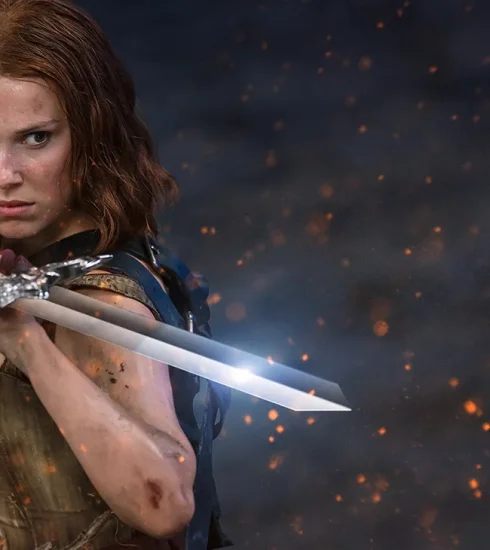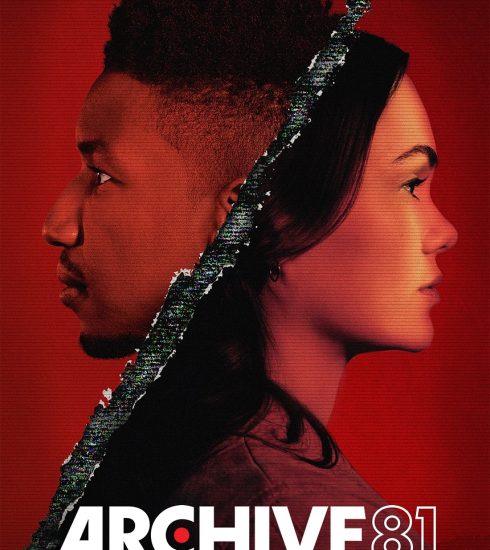WATCH OF THE WEEK: 1899
Combine James Cameron’s Titanic with an especially unhinged helping of Charlie Brooker’s Black Mirror and the results might look something like Netflix’s 1899. This much-heralded new series from the creators of the streamer’s German-language sci-fi thriller Dark unfolds on an ocean liner waylaid by creepy events while chugging across the Atlantic in the final months of the 19th century. It’s eerie, disconcerting, cold to the touch and, unless you’re sitting bolt upright taking notes, occasionally indecipherable.
Fans of Dark will probably regard “indecipherable” as a recommendation. Set in a remote town bedevilled by uncanny forces, the show built a cult following by asking audiences to imagine what Stranger Things would look like if made by gloomy Germans with a license to confuse.
In 1899, Teutonic brain-blitzers Jantje Friese and Baran bo Odar have cranked up the “what the hell?” factor even further. And by their own standards, they’ve hit the bullseye. The increasingly feverish plot will thrill anyone who enjoys their prestige TV garnished with cerebellummulching psychological horror.
Our voyage commences late in…well, 1899, as ocean liner the Kerberos steams from Europe to America. Or at least it is doing so until it detects a beacon from sister ship the Prometheus – a surprise considering the second vessel vanished months earlier. Captain Eyk (Andreas Pietschmann) directs his crew to track the signal. But Eyk has more personal problems, not least nightly visions in which he sees his family perish in a fire back in Germany.
He isn’t the only one struggling to maintain a façade. Others with demons in their closet include Maura Franklin (Emily Beecham), desperate to flee England and traumatised by dreams of her father. Haunting her in the real world is ghoulish Daniel (Aneurin Barnard). He’s a twitchy weirdo who appears to know more about the intertwining origins of the Kerberos and Prometheus than anyone – including the captain.
1899 creates history as the first series to be filmed entirely in a virtual environment, at Studio Babelsberg near Berlin. Disney has dabbled in the equivalent technology on The Mandalorian and Obi-Wan Kenobi, with actors performing against a fully animated digital backdrop (rather than the traditional green screen). In the case of 1899, the blending of the technological and the physical brings a dour grandeur, the Kerberos and the Prometheus looming menacingly in the gloom.
Just like a liner crossing the sea, 1899 proceeds at a blustering crawl. The presumption seems to be that the viewer will commit to the somnolent pacing, miserable protagonists and a murky plot. Might that, however, be a miscalculation on the part of Netflix?
Beginning with JJ Abrams’s Lost in 2004, “mystery box” TV has been the hot trend for over a decade. And yet with the recent cancellation of the baffling Westworld, the buzz may have finally gone out of the genre. If so, 1899 sets sail at the worst possible moment.
On the other hand, this is an expertlycrafted puzzle which, from episode four on, goes to truly mind-bending places. It isn’t for the easily-bored or anyone partial to zoning out in front of the television. But for those who enjoy drama that challenges as much as it dazzles, 1899 is a date worth keeping.
Boluwatife Adesina is a media writer and the helmer of the Downtown Review page. He’s probably in a cinema near you.






